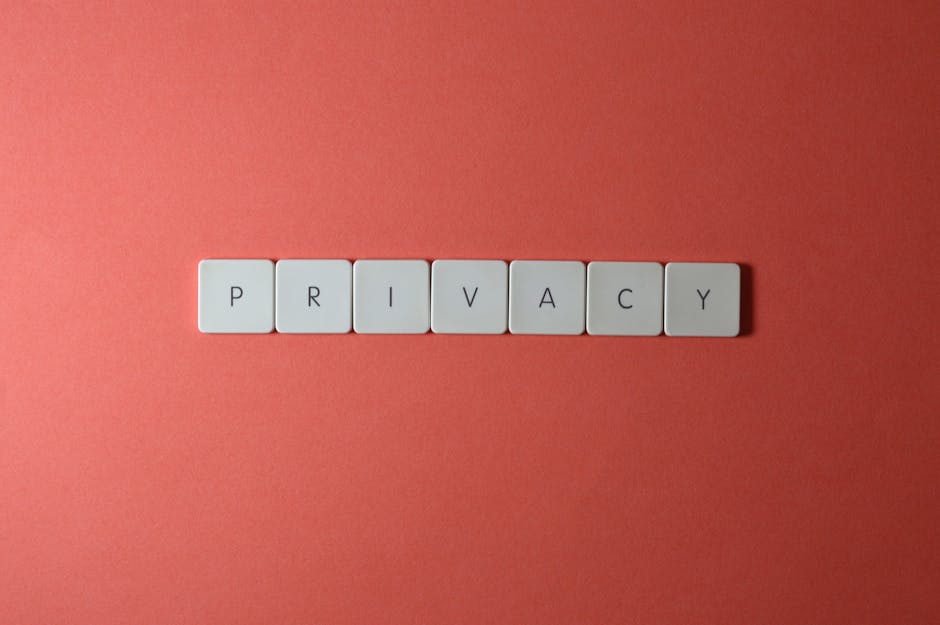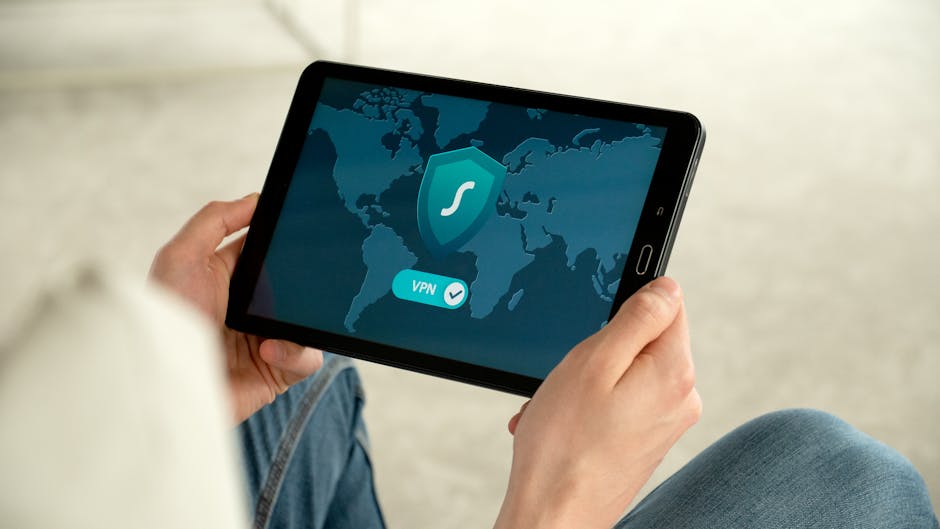Protecting Your Online Privacy: A Comprehensive Guide
In today’s digital age, our lives are increasingly intertwined with the online world. From social media platforms to online shopping, we share a wealth of personal information every day. While the internet offers convenience and connectivity, it also poses significant risks to our privacy. With cyber threats on the rise, safeguarding your online privacy has never been more crucial. So, how can you protect yourself in this digital landscape?
The Evolution of Online Privacy

Online privacy has come a long way since the early days of the internet. In the past, anonymity was the norm, with users adopting pseudonyms to protect their identities. However, as the internet has evolved, so too have the ways in which our data is collected, stored, and shared. From cookies to tracking pixels, online companies have become increasingly sophisticated in their methods of gathering information about us.
Understanding the Threats to Your Privacy

There are various threats to your online privacy that you need to be aware of. One of the most common is data breaches, where hackers gain unauthorized access to a company’s database and steal sensitive information. In recent years, major corporations like Facebook and Equifax have fallen victim to such breaches, compromising the personal data of millions of users.
Another threat comes from data mining, where companies collect and analyze large amounts of data to identify patterns and trends. This information is often used for targeted advertising, but it can also be sold to third parties without your consent. Additionally, governments around the world are increasing their surveillance capabilities, monitoring online activity in the name of national security.
Protecting Your Privacy Online

While the threats to your online privacy may seem daunting, there are steps you can take to protect yourself. Here are some practical tips:
Use Strong, Unique Passwords

One of the simplest yet most effective ways to protect your online accounts is to use strong, unique passwords for each one. Avoid using easily guessable passwords like “123456” or “password” and consider using a password manager to keep track of your credentials securely.
Enable Two-Factor Authentication
Two-factor authentication adds an extra layer of security to your accounts by requiring not only a password but also a second form of verification, such as a code sent to your phone. This can help prevent unauthorized access even if your password is compromised.
Be Mindful of What You Share
Think twice before sharing personal information online, especially on social media platforms. Be cautious about posting details like your full name, address, phone number, or birthdate, as this information can be used by cybercriminals to steal your identity.
Use a VPN
A Virtual Private Network (VPN) encrypts your internet connection, making it more difficult for hackers to intercept your data. VPNs also allow you to browse the web anonymously by masking your IP address, protecting your online privacy.
Regularly Update Your Software
Keep your devices and software up to date with the latest security patches. Cybercriminals often exploit vulnerabilities in outdated software to gain access to your system, so staying current with updates is essential for protecting your privacy.
Common Misconceptions About Online Privacy
Despite the increasing awareness of online privacy issues, there are still some common misconceptions that persist. One of the most prevalent is the belief that only people engaging in illegal activities need to worry about protecting their privacy online. In reality, everyone is at risk of having their personal information compromised, regardless of their online activities.
Another misconception is that using incognito mode or private browsing protects your privacy. While these features can prevent your browsing history from being stored on your device, they do not make you completely anonymous online. Your internet service provider, as well as websites you visit, can still track your activity.
Conclusion
As our lives become increasingly digital, protecting our online privacy is more important than ever. By being aware of the threats to your privacy and taking proactive steps to safeguard your information, you can reduce the risk of falling victim to cybercrime. Remember to use strong passwords, enable two-factor authentication, be mindful of what you share online, use a VPN, and keep your software up to date. By following these best practices, you can enjoy the benefits of the internet while minimizing the risks to your privacy.
Now, it’s time to take control of your online privacy and protect yourself in the digital world.




